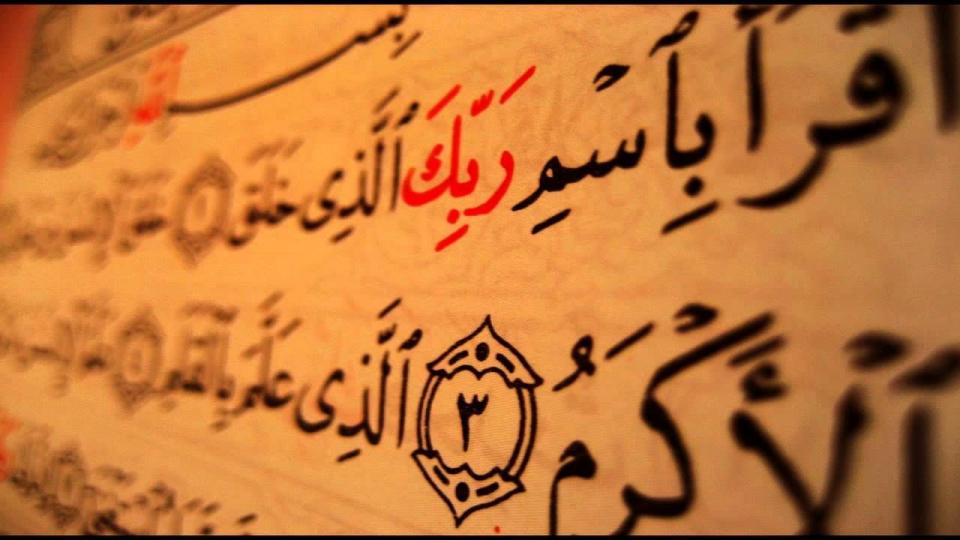HOMEPAGE ARTICLES NABI MUHAMMAD (SAWA) ANALYIS OF THE PROPHETIC MISSION INAUGURATION OF RASULULLAH (SAWA) IS A PROGRAM OF COMPREHENSIVE REFORM
Jumuah lecture on Friday 12 March 2021 (28 Rajab 1442)
Mowlana Syed Aftab Haider
Ahlul Bait (a.s) Masjid, Ottery, Cape Town
This week, we had a number of occasions in the Islamic calendar, and the most important one was 27th Rajab, which is the day of Bi’that (inauguration) of our beloved Prophet Muhammad (SAWA) as the final messenger and apostle of Almighty Allah (SWT), thereby carrying His final and complete and perfect message unto humanity until the Day of Qiyamah (Day of Judgement).
This auspicious event of Bi’that (inauguration) and Me’raj (ascension) of Rasulullah (SAWA) carries exalted status, as 27th Rajab is the birthday of Islam! It is the day when revelation started, with the revelation of the first verse from Surah Alaq (chapter 96 of the Holy Quran):
اقْرَأْ بِاسْمِ رَبِّكَ الَّذِي خَلَقَ
”Read in the name of your Lord Who created.”
This very, very important incident is an opportunity for us to think about the advent of Islam and what the Prophet of Islam (SAWA) offered to this world. Where do we stand regarding this greatest favour and blessings of Almighty Allah (SWT) upon humanity?
BI’THAT FROM THE QURANIC DISCOURSE
First of all, the important point to note upfront is that the word bi’that has been used repeatedly in the Holy Quran for the appointment of the divine Prophets (a.s) and our Prophet Muhammad (SAWA), who is the seal of Prophethood. There are other synonymous words used as well, such as arsala (send) but the word ba’atha (from which bi’that is derived, has been used repeatedly in the Holy Quran.
An example is verse 2 of Surah Jumuah (chapter 62):
هُوَ الَّذِي بَعَثَ فِي الْأُمِّيِّينَ رَسُولًا مِنْهُمْ يَتْلُو عَلَيْهِمْ آيَاتِهِ وَيُزَكِّيهِمْ وَيُعَلِّمُهُمُ الْكِتَابَ وَالْحِكْمَةَ وَإِنْ كَانُوا مِنْ قَبْلُ لَفِي ضَلَالٍ مُبِينٍ
”He it is Who raised among the inhabitants of Mecca a Messenger from among themselves, who recites to them His communications and purifies them, and teaches them the Book and the Wisdom, although they were before certainly in clear error.”
Another example is this excerpt from verse 36 of Surah Nahl (chapter 16):
وَلَقَدْ بَعَثْنَا فِي كُلِّ أُمَّةٍ رَسُولًا أَنِ اعْبُدُوا اللَّهَ وَاجْتَنِبُوا الطَّاغُوتَ
”And certainly We raised in every nation a messenger saying: Serve Allah and shun the Shaitan.”
There are other similar verses in the Holy Quran addressing this phenomenon of ba’atha or bi’that. There is something crucial to understand in this word itself. Ba’atha in Arabic does not mean sending, although it is translated as sent. The actual meaning of ba’atha means to raise.
So, while we often say that Almighty Allah (SWT) sent a Prophet (a.s) to every nation, the actual reality is that He raised from within the nation, a Prophet (a.s) from amongst them.
BI’THAT OF PROPHETS (A.S) IS A CONTINUOUS MOVEMENT OF UPRISING
Now, if we go a little deeper in absorbing this concept of ba’atha, we will realise that ba’atha is a movement. Sometimes, there a community which needs a teacher. And then, someone will organize for them to have a teacher. Accordingly, the Holy Quran refers to Prophets (a.s) as teachers too, as noted in verse 2 of Surah Jumuah (chapter 62) cited earlier. However, bi’that is a lot deeper than delegating Prophets (a.s) as teachers to society.
Ba’atha means raised, and often the reference is that they were raised from amongst the people, for the people. This insight provides a very important message, that Prophets (a.s) were not simply sent as teachers to educate the masses. Rather, bi’that is a revolutionary movement of the whole society from grassroot level changes across the full spectrum of society.
This is a crucial point to understand, especially when we contemplate on verse 36 of Surah Nahl (chapter 16 of the Holy Quran) cited earlier. Here we understand that teaching is one aspect of the global revolutionary movement of bi’that in “Serving Allah and shunning the Shaitan”.
Of course, worshipping Almighty Allah (SWT) and shunning the evil Satan and fake gods is not possible without education. However, the whole movement of reform is a ba’atha, representing change at all levels, where the whole society moves in the direction of worship of Allah (SWT) and rejecting evil.

